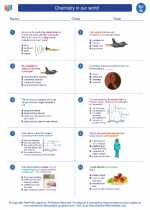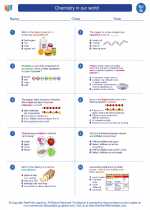Adrenocorticotropic Hormone (ACTH)
Adrenocorticotropic hormone (ACTH) is a hormone produced by the pituitary gland in the brain. It plays a crucial role in regulating the production and release of cortisol from the adrenal glands. ACTH is part of the hypothalamic-pituitary-adrenal (HPA) axis, which is responsible for the body's response to stress, regulating metabolism, immune system function, and maintaining blood pressure.
Study Guide for Adrenocorticotropic Hormone (ACTH):
Structure and Function of ACTH
- ACTH is a peptide hormone consisting of 39 amino acids.
- It acts on the adrenal cortex to stimulate the synthesis and release of cortisol.
Regulation of ACTH
- ACTH production is regulated by the hypothalamus through the release of corticotropin-releasing hormone (CRH) in response to stress or low cortisol levels.
Role in Stress Response
- ACTH is a key component of the body's response to stress, helping to increase cortisol levels to mobilize energy and suppress the immune response.
Diurnal Rhythm
- ACTH levels follow a daily pattern, peaking in the morning and reaching their lowest levels at night.
Clinical Implications
Understanding the role of ACTH in the body's stress response and its regulation of cortisol production is essential for comprehending the body's ability to cope with various stressors and maintain homeostasis.
.





